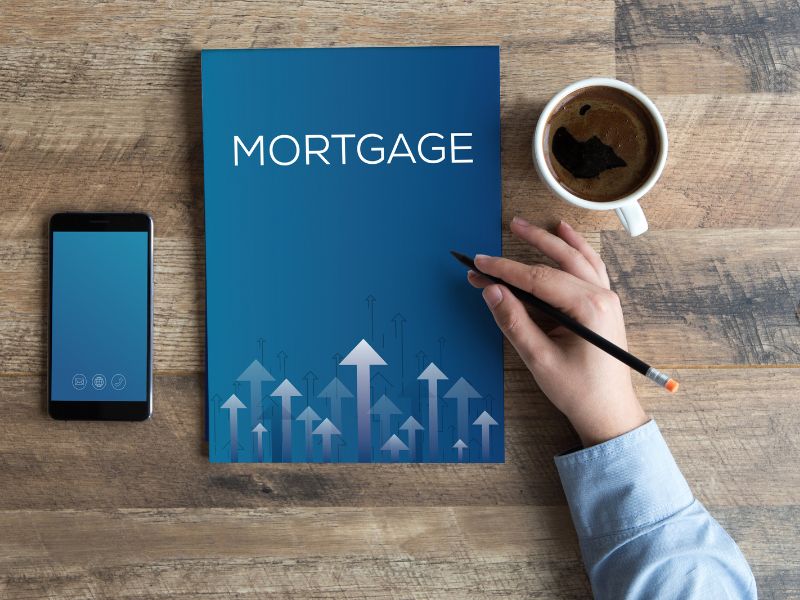Managing Your Debt During the Homebuying Process: A Guide for Homebuyers
 Embarking on the journey to homeownership is an exciting milestone, but it also requires careful financial planning. One crucial aspect is managing your debt effectively. I want to ensure you have the tools and knowledge to navigate this process smoothly. Let’s discuss some essential strategies for managing your debt while purchasing a home.
Embarking on the journey to homeownership is an exciting milestone, but it also requires careful financial planning. One crucial aspect is managing your debt effectively. I want to ensure you have the tools and knowledge to navigate this process smoothly. Let’s discuss some essential strategies for managing your debt while purchasing a home.
Understand Your Debt-to-Income Ratio
Firstly, it’s essential to understand your debt-to-income (DTI) ratio. This ratio compares your monthly debt payments to your gross monthly income and is a critical factor lenders consider when approving a mortgage. A lower DTI ratio indicates you have a healthy balance between debt and income, making you a more attractive borrower.
Prioritize High-Interest Debt
Next, prioritize paying off high-interest debt. Credit cards typically have higher interest rates than other types of debt. By focusing on reducing or eliminating these balances, you’ll not only save on interest but also improve your credit score. Consequently, this can lead to better mortgage terms.
Avoid New Debt
Additionally, avoid taking on new debt during the home-buying process. New loans or credit card accounts can increase your DTI ratio and negatively impact your credit score. Instead, focus on maintaining your current financial status until your mortgage is finalized.
Create a Budget
Moreover, creating a budget is crucial. A well-planned budget will help you allocate funds for debt payments, savings, and other expenses. Tracking your spending ensures you stay on top of your financial obligations and avoid unnecessary expenditures.
Save for a Down Payment
Simultaneously, save for a substantial down payment. A larger down payment reduces the loan amount you’ll need and can lead to lower monthly payments. It also shows lenders that you have financial discipline and are less risky.
Communicate with Your Lender
Furthermore, maintain open communication with your lender. If you have any concerns or anticipate changes in your financial situation, inform them promptly. They can provide guidance and may offer solutions to help you manage your debt more effectively.
Seek Professional Advice
Finally, don’t hesitate to seek professional advice. Financial advisors and mortgage professionals can offer personalized strategies tailored to your situation. Their expertise can be invaluable in helping you manage debt and achieve homeownership successfully.
Managing your debt during the home-buying process requires careful planning and discipline. By understanding your DTI ratio, prioritizing high-interest debt, avoiding new debt, creating a budget, saving for a down payment, communicating with your lender, and seeking professional advice, you’ll be well-prepared to navigate this exciting journey.
#HomebuyingTips #DebtManagement #RealEstateAdvice #FinancialPlanning

 Today, we’re shedding light on the unique roles of mortgage brokers and direct lenders, highlighting the benefits they bring to the table.
Today, we’re shedding light on the unique roles of mortgage brokers and direct lenders, highlighting the benefits they bring to the table. Obtaining a mortgage can seem to be filled with perplexing terms and concepts. Don’t worry, though – we’re here to decode the complexities and make it easy for you to navigate the mortgage landscape with confidence. Let’s break down some of the most common and confusing terms in simple, easy-to-understand language.
Obtaining a mortgage can seem to be filled with perplexing terms and concepts. Don’t worry, though – we’re here to decode the complexities and make it easy for you to navigate the mortgage landscape with confidence. Let’s break down some of the most common and confusing terms in simple, easy-to-understand language.